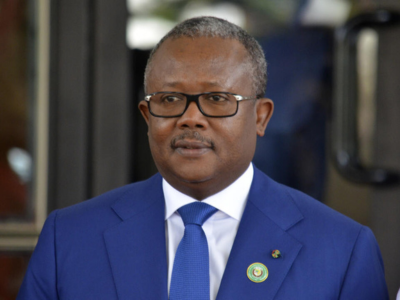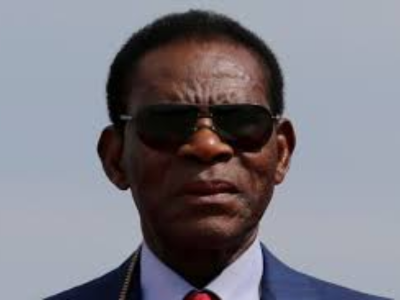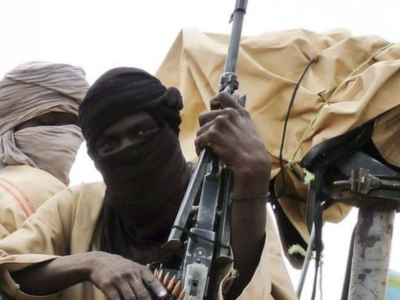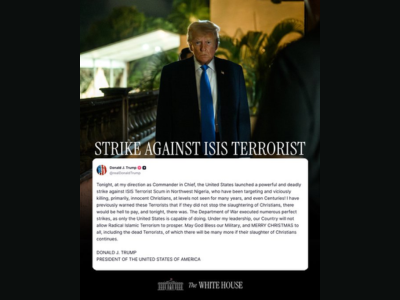Guinea-Bissau President Extends Tenure Amid Media Crackdown
- by Admin.
- Sep 05, 2025

Credit:
President Umaro Sissoco Embalo has remained in office despite the official expiration of his term, raising concerns over constitutional adherence and democratic stability in Guinea-Bissau.
As the country prepares for presidential and parliamentary elections scheduled for November 23, 2025, tensions have escalated following the expulsion of foreign media outlets and continued rule by decree.
Embalo’s five-year mandate, which the opposition claims ended in February 2025, was extended by a Supreme Court ruling that set the term’s start date as September 2020.
Despite the revised expiration on September 4, Embalo has stated he will continue to exercise presidential powers until elections are held, citing constitutional provisions that require a successor to be sworn in before a transfer of power.
The political landscape has been further complicated by the dissolution of parliament in December 2023, following unrest that Embalo described as a “coup attempt.” Since then, the president has governed without legislative oversight, prompting criticism from opposition leaders and civil society groups.
In a separate development, Guinea-Bissau expelled Portuguese public broadcasters RTP and RDP, along with the news agency Lusa, on August 15. The move has drawn international condemnation and raised alarms about press freedom in the lead-up to the elections.
Indira Correia Balde, president of the country’s journalists’ union SINJOTECS, described the expulsions as “anti-democratic” and part of a broader pattern of media obstruction under Embalo’s administration.
International organizations including Reporters Without Borders (RSF), the Committee to Protect Journalists (CPJ), and the European Newsroom (ENR) have criticized the media shutdown. RSF’s West Africa director, Sadibou Marong, called the action a “severe blow to press freedom,” warning that it could undermine independent coverage during the campaign period.
Opposition figures have also voiced concern, with former Prime Minister Baciro Dja condemning the expulsions, stating they disconnect the diaspora from national affairs and risk compromising electoral transparency. Domingos Simões Pereira, leader of the African Party for the Independence of Guinea and Cape Verde (PAIGC), warns that the country is “dangerously close to the threshold of dictatorship.”
The Portuguese government has responded cautiously, opting for diplomatic engagement rather than public criticism. Guinea-Bissau currently holds the rotating presidency of the Community of Portuguese Language Countries (CPLP), an organization committed to press freedom and media pluralism—principles that critics say are being undermined by recent actions.
As the November elections approach, observers remain concerned about the fragile political and media environment, as the absence of parliamentary oversight, restrictions on foreign press, and unresolved disputes over Embalo’s mandate heighten uncertainty about the country’s democratic trajectory.













0 Comment(s)